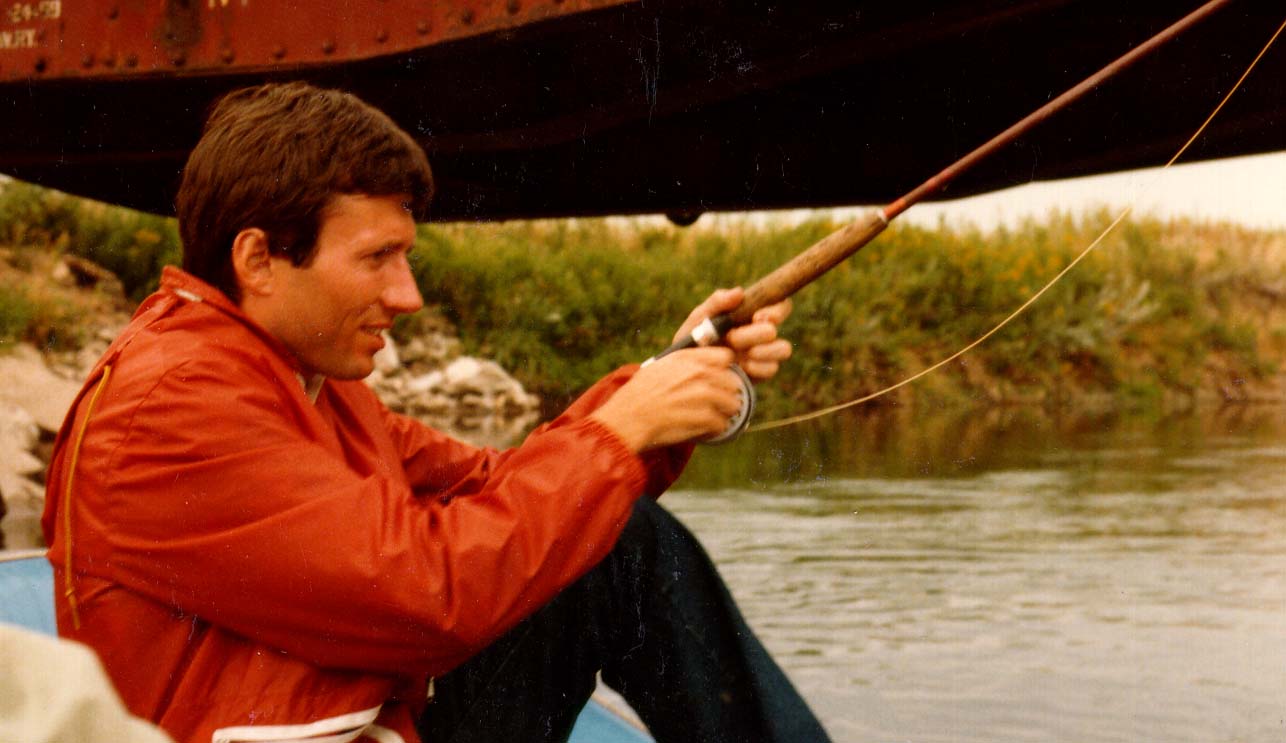


As an ordained presbyter in the Roman Catholic Church and as an educator of sacramental theology and liturgy, I have a lively interest in pastoral questions. I have served as an advisor on the Bishops' Committee on the Liturgy, one of the standing committees of the National Conference of Catholic Bishops in the United States, and currently I sit as an advisor to the Notre Dame Center for Pastoral Liturgy.
My role in the Theology Department at Notre Dame contributes to the liturgical and sacramental theological dimensions of the theological program. At the Ph.D. level I teach the seminar on medieval sources of the western liturgy and courses in the area of sacramental/liturgical theology. In addition to teaching the sources of Western liturgy, I have sensed the necessity to promote the study of medieval liturgy. Consequently within the university I organize brown-bag discussions on medieval liturgy which aims at fostering informal interaction between faculty and students across disciplines regarding matters which touch upon the liturgy and religion. Likewise, beyond the university I promote this interest as convener of sessions on liturgy and spirituality at the Medieval Congress at Kalamazoo on two occasions, as organizer of the study group on Issues on Medieval Liturgy within the North American Academy of Liturgy for the past several years and as convener of sessions at international meetings of the Societas Liturgica. I enjoy greatly the interaction with other medievalists and liturgists at these various levels and sense a growing interest in the study of medieval liturgy. In this way I also perceive that I am contributing to the work of the Notre Dame Medieval Institute of which I am a fellow.
At the M.A. and M.Div. levels, two sacramental courses are in my purview, namely Eucharist and Sacraments in General. I am pleased with the pedagogical and technological possibilities at Notre Dame and continue to experiment with new ways of teaching using the media and computer support. In recent years I have enjoyed teaching the Eucharist course in our summer program and coordinating the M.A. students in liturgical studies.
At the collegiate level, I teach a second required theology course entitled Church and Worship. This course taught ecumenically fills a real need in introducing undergraduates to the richness of ecclesiology and sacramental theology. With the firm conviction that liturgy and sacramental theology need to be grounded in reality and the lived experience of prayer in the church, I participate willingly with campus ministry in a number of ways. Each year I meet with the liturgical commissioners of all the dorms in plenary sessions to instruct them liturgically. On a weekly basis I preside at the Sunday Eucharist in a number of dorms out of the belief that one teaches mystagogically by modeling good liturgy.
I am particularly enthusiastic about a multiyear collaborative research
grant awarded by Institute for Scholarship in the Liberal Arts (ISLA) three
years ago to study the monastery of St. Stephen in Jerusalem with Professors
Susan Sheridan (physical anthropology) and Blake Leyerle (early Christianity).
My area of historical interest and specialization prior to coming to Notre
Dame was primarily Carolingian liturgy. In recent years I have broadened
my research back in time to study the Merovingian period. The current project
in Jerusalem continues the study of the fifth and sixth centuries but from
a decidedly Eastern perspective. As a team we are confident that a interdisciplinary
biocultural method of inquiry will forge new approaches for the study of
monasticism and will prove fruitful for later periods as well. In
the fall of 1998 I took academic leave following my third year review and
renewal to live and do research at the École Biblique et Archéologique
in Jerusalem, the site of the former Byzantine monastery of St. Stephen.
This time proved invaluable for my research on the project and already
jointly we are preparing a publication and have given many lectures around
the world. Concerning my future goals on the Jerusalem Project, the
next area of inquiry deals with monastic diets and fasting. I am pleased
to announce that one may now visit the St.
Stephen's Project.
My long-range goals continue to center around two areas: medieval
liturgical studies and interdisciplinary methods of inquiry. Because liturgical
studies by its nature tends to be interdisciplinary, I am well positioned
at the University of Notre Dame to develop professionally and intellectually.
I appreciate my involvement with the Medieval Institute as a fellow and
the Jerusalem project as a co-investigator. Also the relations I have forged
with the music department, participating in the Schola Cantorum with music
professors and the Collegium Musicum with faculty and students, have been
most beneficial. In the future I hope to have further involvement in interdisciplinary
approaches which relate to my academic interests, collaborating with allied
departments, such as music, art and architecture.
![]()
CLICK TO SEE CURRICULUM VITAE